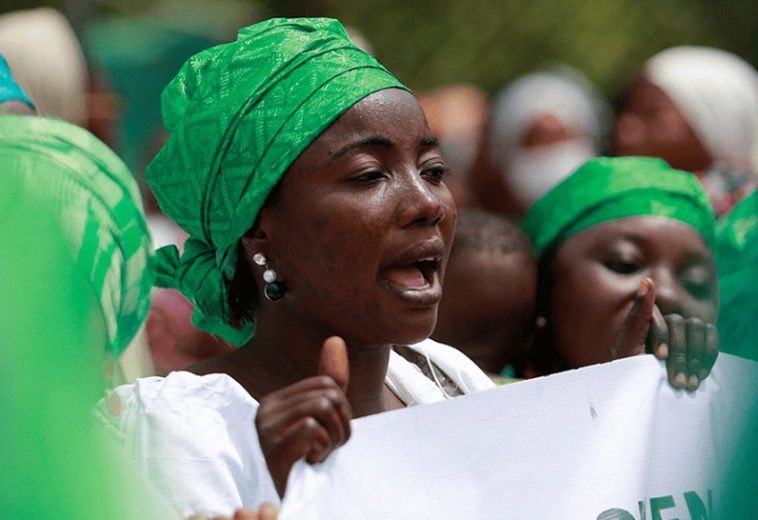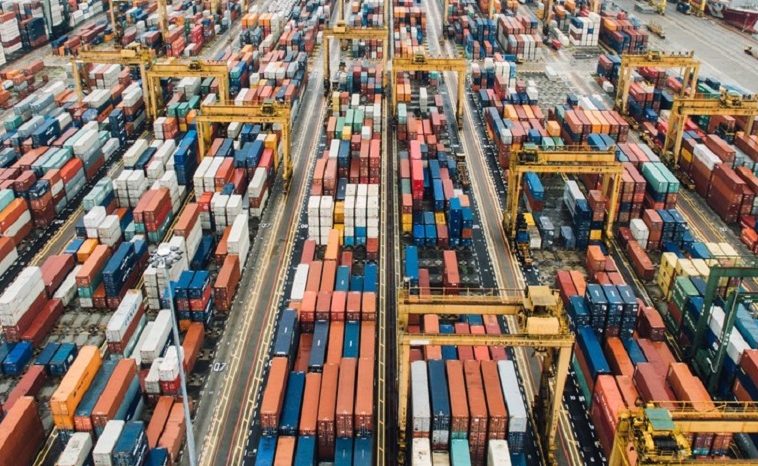Africa’s population continues to grow rapidly, projected to reach 2.5 billion by 2050 (United Nations), yet, the continent still faces an urgent challenge: achieving food security while promoting sustainable economic growth. Despite vast natural resources, sub-Saharan Africa is still home to more than 200 million people facing food insecurity (FAO, 2023). This is a staggering figure for a region with 60% of the world’s uncultivated arable land.
The continent’s agricultural sector, which employs approximately 60% of the workforce, remains critical to addressing both issues. By improving agricultural productivity, African nations can not only meet the rising food demands but also drive long-term economic development.
The economic significance of agriculture cannot be understated. According to the World Bank, the agricultural sector contributes roughly 15-25% of Africa’s GDP but remains underdeveloped due to low productivity, poor infrastructure, and insufficient investment. With Africa importing around $50 billion worth of food annually, increasing domestic agricultural production is not only a matter of food security but also crucial to reducing trade deficits and stimulating economic growth.
Boosting Productivity: A Path to Economic Growth
Several African nations have made strides towards improving agricultural productivity. Countries like Ethiopia and Rwanda have invested heavily in modernising their agricultural sectors, resulting in significant reductions in poverty and food insecurity. By embracing innovations such as precision farming, improved irrigation techniques, and high-yield crop varieties, these countries are demonstrating how technology can transform African agriculture.
Studies show that raising productivity in agriculture is one of the most effective ways to spur economic growth. According to the International Food Policy Research Institute (IFPRI), a 1% increase in agricultural productivity can result in a 0.5% rise in overall GDP. For economies heavily reliant on agriculture, this multiplier effect can create jobs, increase incomes, and reduce poverty.
The Need for Investment in Infrastructure
One of the key challenges facing African agriculture is the lack of infrastructure. Poor roads, inadequate storage facilities, and limited access to markets often result in high levels of food waste and restrict farmers’ ability to sell their produce. The African Development Bank (AfDB) estimates that post-harvest losses in sub-Saharan Africa reach $4 billion annually.
Improving infrastructure is not just about roads or storage; access to affordable credit and modern farming equipment is equally essential. Many smallholder farmers, who make up the majority of Africa’s agricultural workforce, lack the capital to invest in productivity-enhancing technologies. This is where public-private partnerships (PPPs) can play a crucial role. By incentivising private investment in agriculture, African governments can help bridge this gap and stimulate sector-wide growth.
READ ALSO: Inflation and Innovation: Economic Trends Impacting Africa’s Financial Markets
Climate Change: A Looming Threat
Climate change poses a significant threat to Africa’s agricultural sector. The continent is particularly vulnerable to extreme weather conditions such as droughts, floods, and erratic rainfall patterns, which can devastate crops and lead to food shortages. The World Economic Forum (WEF) predicts that by 2050, climate change could reduce agricultural productivity in sub-Saharan Africa by as much as 30%.
To mitigate these risks, African nations must invest in climate-resilient agriculture. This includes developing drought-resistant crops, promoting sustainable farming practices, and expanding the use of renewable energy in agriculture. Additionally, international cooperation and climate financing will be crucial to helping African nations adapt to these challenges.




